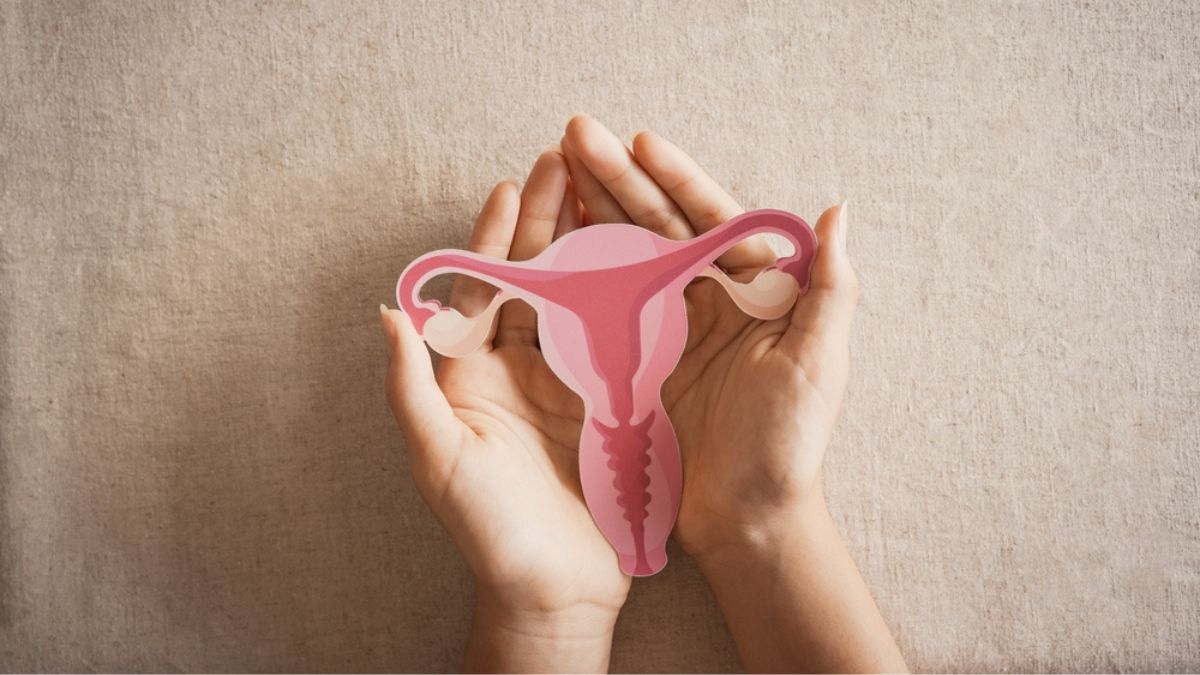Why are Indian women developing fibroids at a young age?

Many women of the reproductive age group (15-49 years) are developing fibroids in India. The younger a patient, the longer the period with which she has to contend with the disease and balance the management of symptoms while preserving fertility.
What is a fibroid?
A uterine fibroid is a non-cancerous growth in the uterus. While some women might experience no symptoms, others experience heavy menstrual bleeding, pelvic pain, or urinary issues.
Dr. Sridhar Devu, Endovascular Interventional Radiologist, ESI Hospital, Hyderabad, says in Telangana, fibroids were no longer just a concern for women in their 40s but were now being diagnosed in women as young as 28 or 30.
This trend isn’t isolated to one region. Dr Pujitha Vidiyala, Assistant Professor, Interventional Radiology, Nizam's Institute of Medical Sciences, Hyderabad, said that there was a ‘notable rise’ in women in their late 20s and early 30s with fibroids.
The modern lifestyle culprits
Dr Monica Gupta, Consultant - Obstetrics and Gynecology, Manipal Hospital, Bhubaneswar identified key lifestyle factors driving this trend:
- Sedentary lifestyles and obesity; high consumption of processed food- which create hormonal imbalances.
- Chronic stress that affects hormone regulation
- Deferred childbearing
- Environmental pollutants that interfere with estrogen levels
Dr Vidya Muralidhar, Consultant, Obstetrician and Gynaecologist, at Motherhood Hospitals, Bengaluru, added that the stress of long working hours coupled with excessive screen time is also responsible for the condition.
Dr. Jayashree Veerappa Kanavi, Consultant, Obstetrics and Gynaecology at Manipal Hospital said that the early onset of puberty in our country promotes fibroid tissue growth as there is a longer lifetime of exposure to estrogen. Additional estrogen production from fat tissue and vitamin D deficiency are other known culprits.
There is also the question of genetic predisposition. Dr Sandhya Vasan, HOD and Senior Consultant of Obstetrics and Gynaecology and IVF at SIMS Hospital says South Asian women had a higher genetic predisposition to develop fibroids.
Other factors responsible for the condition:
- Daily dairy consumption
- Endocrine disruptors: Found in plastics and cosmetics
- BPA and phthalates: These seep into daily life through various products (including food packaging and personal care items)
Why this matters:
Dr Lavanya, Fertility Specialist, at Nova IVF Fertility, Bengaluru, says fibroids are frequently detected during early fertility evaluations when women are most eager to start a family. Those lodged in the uterine wall (intramural) or jutting into the cavity (submucosal) can block fallopian tubes, warp uterine shape, derail embryo implantation, and raise the odds of miscarriage.
Dr Tripti Raheja, Lead Consultant - Obstetrics and Gynaecology at the CK Birla Hospital, Delhi added that fibroids can interfere with conception, implantation, and may even lead to recurrent miscarriages, complicating family planning.
How to prevent fibroids:
- Maintain a healthy diet of fruits, vegetables, and whole grains. Reduce red meat and processed foods. Limit dairy consumption
- Regular exercise helps regulate hormones and control weight
- Focus on abdominal exercises to reduce peripheral estrogen (estrogen outside the ovaries often produced by excess fat)
- Manage stress through yoga and meditation. Engage in stress-reducing hobbies
- Limit exposure to plastics and toxic chemicals
- Choose safer cosmetic products
- Maintain adequate Vitamin D levels
- Go for regular gynecological screenings
Health